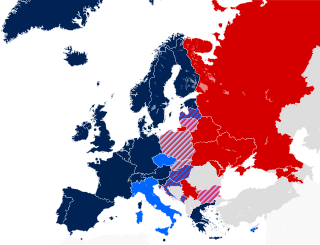"Call it something else not marriage" was also always a very provincial outlook, as was abolishing marriage in favour of an alternative union status entirely, because hey other countries exist.
Guess what's easier to get recognised by another country when you're trying to arrange affairs relating to migration. Is it universally understood and existent in law everywhere "marriage"? Or is it some new alternatively labelled and defined status with no equivalent in that other country's law?
Australia has very strong and well defined de facto partnerships (I believe called common law marriage in some countries) such that marriage and "not married but living as a couple" are virtually the same in legal effect for nearly all major domestic purposes. You end up being treated as effectively married by the law regardless of whether you got formally married, for things like tax, inheritance, property law, family law, pensions, etc.
Using that legal treatment, we had same sex relationships treated the same way as hetero de facto partnerships for for a good decade before we had marriage equality. But marriage equality was still necessary regardless of how equal we could make things locally without it, because nothing is as internationally portable as actual marriage.


